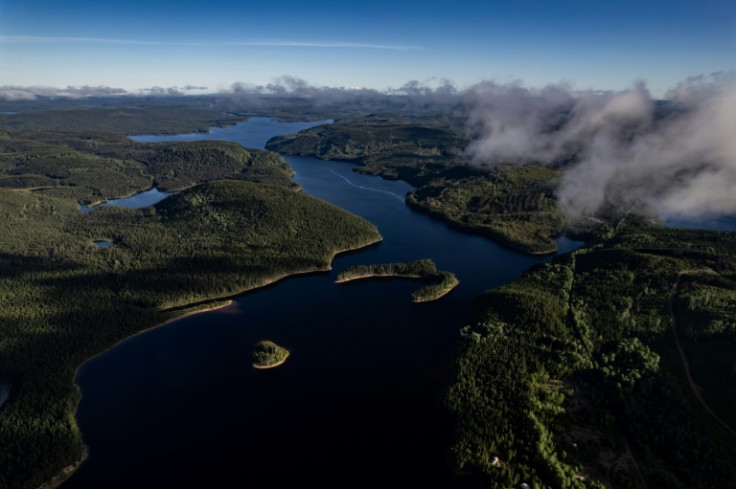COP15 Could End Without Deal As Walkouts, Fighting Happen In Last Days of Talks

Global biodiversity talks end on Sunday in Montreal and countries are farther from making a deal than when the talks began.
The U.N. says urgent action is needed on climate and nature protection to secure the earth's future.
COP15, the U.N. global biodiversity summit, is happening now in Montreal. Some 196 countries have agreed to the U.N. Convention On Biodiversity and COP15. They are expected to make decisions on 23 targets to protect nature and the environment in what was promised to be a landmark agreement for biodiversity.
Similar to its sister summit, COP27, the sticking point is money. Tuesday saw tensions grow as delegations considered creating a global biodiversity fund. Many of the world's biodiversity hotspots are found in the south, including the Amazon rainforest and many of the world's most spectacular coral reef systems.
The BBC reported that some countries walked out of discussions on Wednesday when the topic of filling a multimillion-dollar funding gap came up. Just after midnight on Wednesday, countries from Asia, Africa and South America exited talks in protest after wealthy countries appeared reluctant to budge on funding, Reuters reported.
On Thursday, government ministers from over 120 countries arrived in Montreal in an attempt to move talks forward. Spain, France, The Netherlands and Canada were among some of the countries to present funding for global conservation efforts with a focus on vulnerable countries and the hope that philanthropic organizations will contribute to the financing.
According to the BBC, the U.K. promises almost $36 million toward protecting 30% of global land and air and an extra $6 million to commonwealth countries.
Wales Minister of Climate Change Julie James said Wales is committed to the "30 by 30" target goal established by the post-2020 Global Biodiversity Framework.
"Like much of the developed world, in Wales, the loss of forests, the plundering of seas, and the pollution caused by human activity has led to the vanishing of around half of Wales' animal and plant life," James said in remarks posted on the Welsh government website.
The U.S. is not a member of the U.N. Convention on Biological Diversity and is not obligated to participate in the talks or funding despite being the world's largest polluter.
During the COP27 talks in Egypt in November, countries argued over payment for vulnerable countries facing the brunt of human-caused climate change, ultimately making the historic decision to develop a fund for "loss and damages."
"This political will must now be translated into concrete agreements and convergence in the negotiation room over the next couple of days to rescue a desperately needed deal for nature to save our life support systems," said Claire Blanchard, head of global advocacy for WWF International to the BBC.
Talks are ongoing and the potency of an agreed upon deal is yet to be decided. The conference is scheduled to end on Monday but there is potential the debate could continue if a deal is not made.
© Copyright IBTimes 2025. All rights reserved.





















